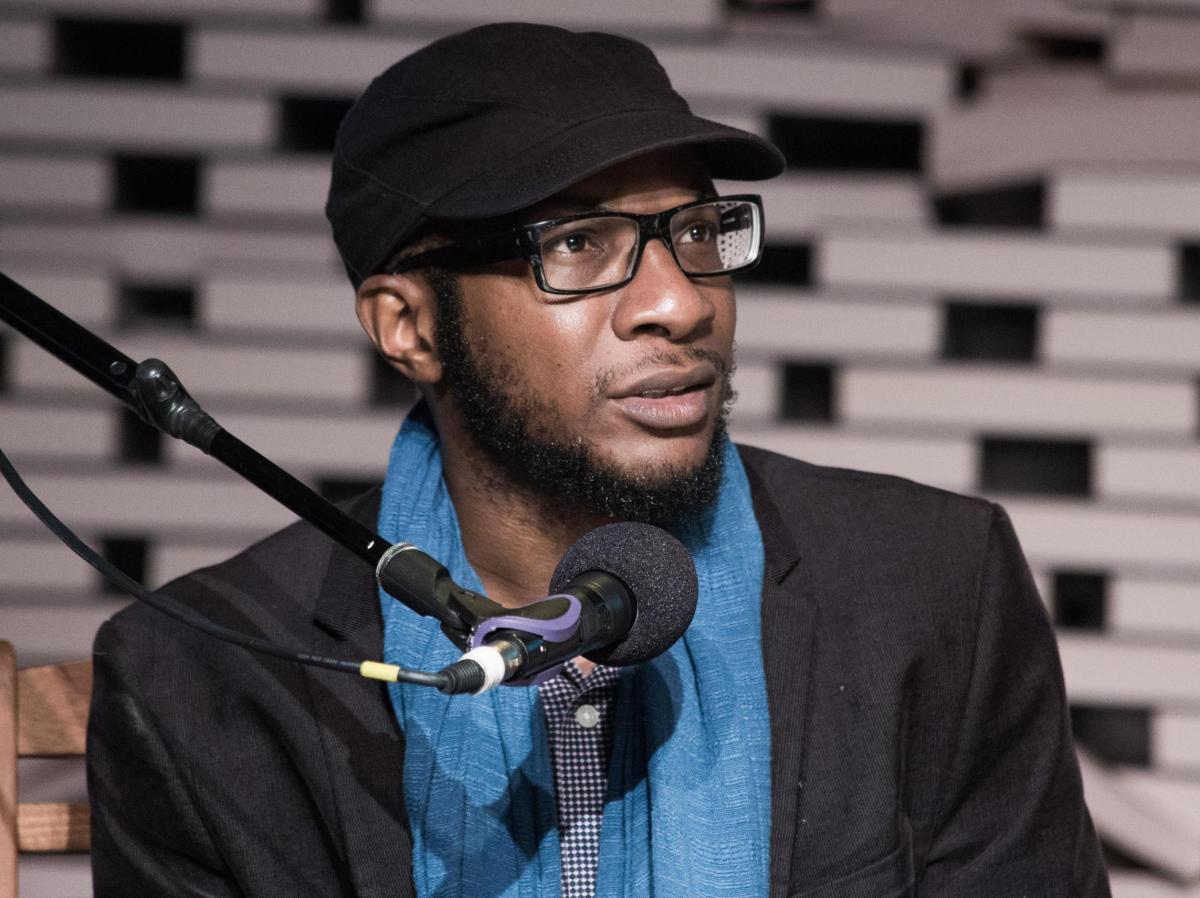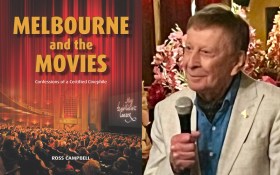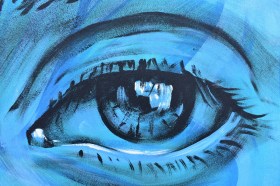Teju Cole
Anyone who follows American-born Nigerian writer Teju Cole on Twitter or has watched him speak at writers’ festivals will know of Cole’s precision in his reportage and the way he makes high-impact statements without forsaking brevity or swiftness of thought. Cole channels this levity and thoughtfulness in his recently reprised work of fiction, Every Day is for the Thief.
A precursor to his critically acclaimed 2011 novel Open City, Every Day is for the Thief was first published in 2007 in Nigeria but was only recently slated for worldwide release. The novel kicks off with an unnamed protagonist departing New York for Lagos after having not been home for 15 years and ends with him leaving Lagos with a bout of malaria.
As much as Julius wandered the streets of New York and Brussels in Open City while ruminating on larger questions of class, race and identity, this unnamed protagonist manoeuvres through the bedlam of Lagos – all the while applying a magnifying glass to a place at once familiar and foreign to him. The unnamed protagonist bears resemblance to Julius, from his light skin a product of his half-German, half-Nigerian parentage; his estrangement from his mother and his job in psychiatry.
Narrated in the tone of a dispassionate observer, Every Day is for the Thief presents the narrator’s impressions of his rambunctious surroundings: the instances of both petty and organised crime; the ‘informal economy’ of Nigeria – from the thinly veiled demands of airport officials to policemen who routinely seek bribes from non-offending drivers – and the phenomenon of Nigerian advance-fee ‘419’ frauds in internet cafes mushrooming across the city. One of the most heartbreaking illustrations of the way that mob justice is handed out in Lagos is through the narrator’s retrospective look at how an eleven-year-old boy is set alight in a marketplace for snatching a bag.
Cole tempers his harsh and withering appraisal of the touting and intimidation that he constantly bears witness to with a gentle, introspective eye. His narrator’s negative assessments of the Nigerian national museum, as well as the country’s preservation of its art and history, are offset by the rare sight of a Nigerian girl reading Michael Ondaatje on public transport and the discovery of a legitimate music bookshop that does not trade in piracy. The narrator frequently voices his exasperation with the corruption underway, but marvels at the ‘pungent details’ that envelop him and the very city which serves as a ‘paradise for the lover of gossip’.
The novel excels because instead of parading the thoughts of an outsider who is not privy to the ways of the land or the ruminations of a person too enmeshed in an established way of life, Cole’s narrator possesses the objective lens of someone who has been away from his home for an extended period of time. This distance renders his observations powerful and valuable, when it could have easily slipped into paternalistic territory.
If you’re looking for a clearly defined plot, this novel is not for you. It meanders and zigzags around disparate corners of Lagos, as Cole elegantly places every minute incident within a larger context. He unpicks the organised crime, the multifarious instances of corruption, and his countrymen’s subservience to religion to present but a glimmer of the desperation and surrender that pervades Lagos. But instead of reading like a pessimistic summation of Nigeria, Every Day is for the Thief is akin to a love letter written to a deeply adored but helplessly flawed subject.
Rating: 4 out of 5 starsEveryday is for the Thief
By Teju Cole
Paperback
208 pages
$24.99
ISBN: 9780571307920
Allen & Unwin





